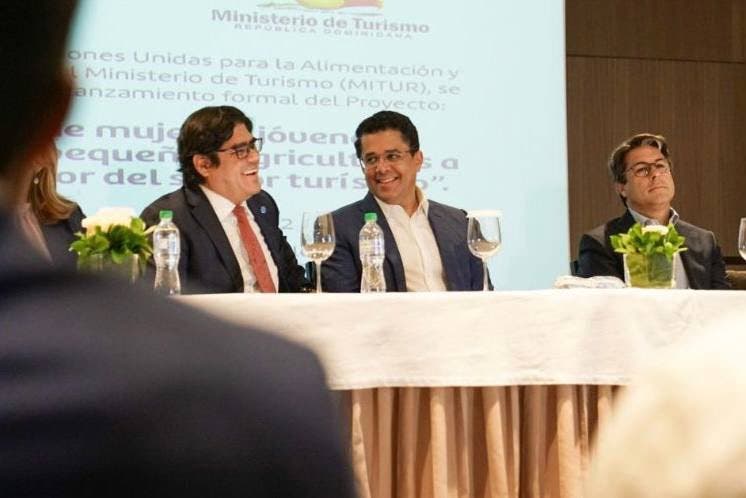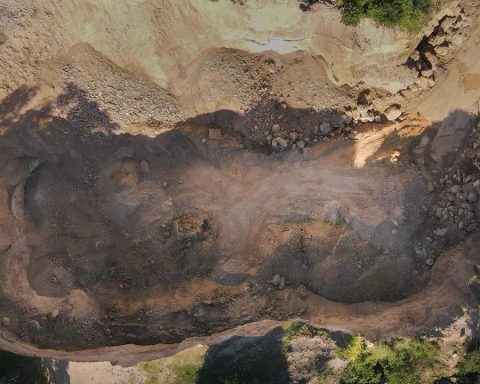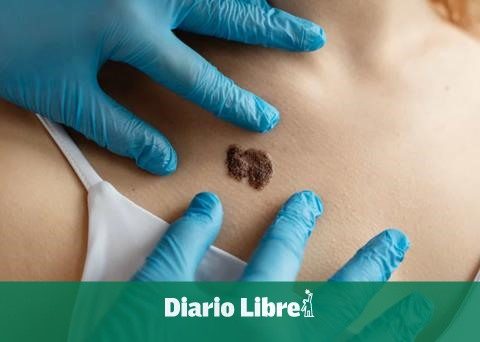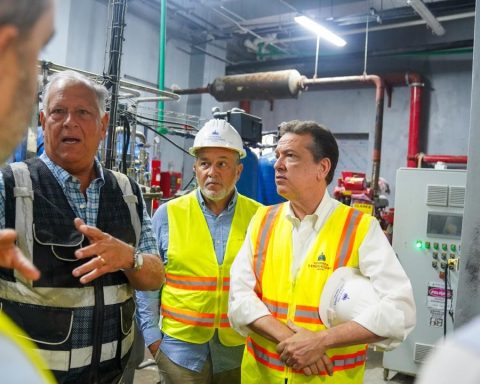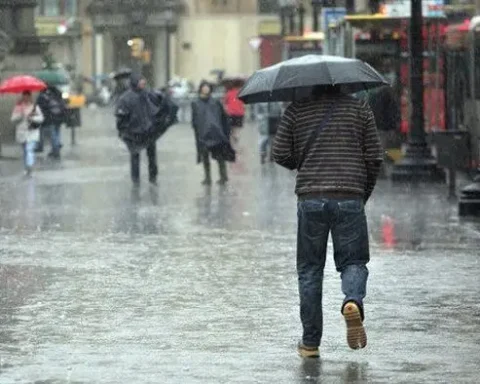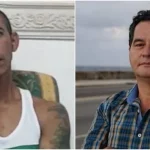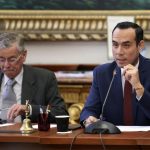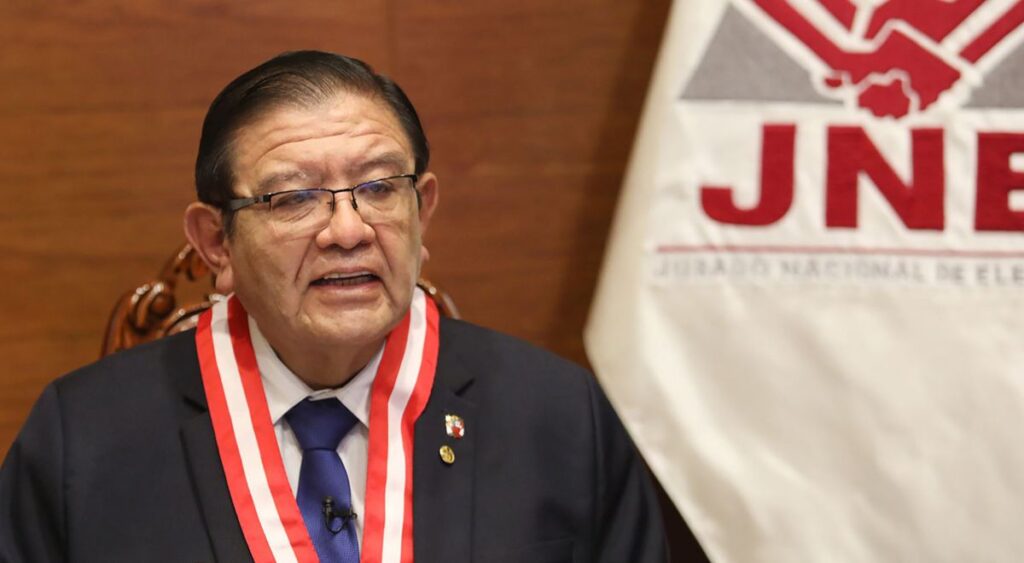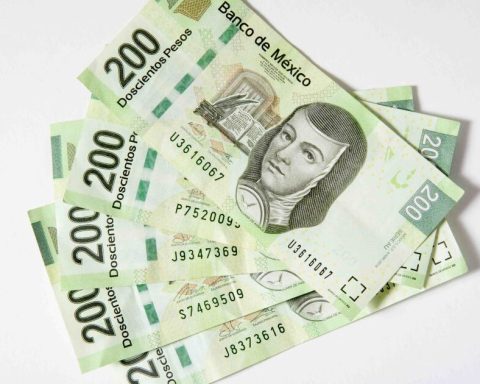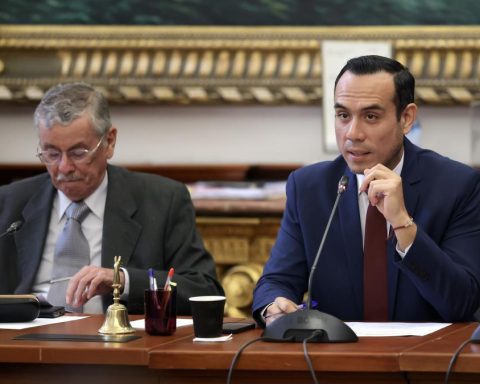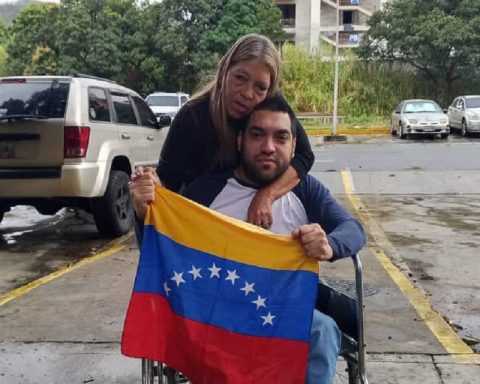The Food and Agriculture Organization of the United Nations (FAO) and the Ministry of Tourism launched the project: Inclusion of women, youth and associations of small farmers in the value chain of the tourism sector.
The project is technically and financially supported by the FAO and seeks that through institutional agreements and the strengthening of the association of farmers, training, and access to microcredit, focused on achieving the coordination of the demand of the tourism sector with the supply of products. and services of associations, cooperatives and MSMEs rural areas, in order to produce and generate more jobs.
For these purposes, on July 12, the Project Technical Committee (CTP), to guide its implementation and provide feedback and validation of the generated products.
Said committee is made up of the Ministry of Tourism, the Ministry of Agriculture, the Supérate Program, the Ministry of Women, the Ministry of Industry, Commerce and MSMEs, the MEPyD and the Ministry of Youth, and, through the same , it seeks to ensure feedback and projected objectives and results, support the review and approval of work plans and coordinate their execution.
Yira Vermentondirector of face-to-face tourism initiatives, who was in charge of presenting the project, indicated: “We are in a moment of transition worldwide, in which tourism is no longer expected to be only sustainable, but today there is talk of regenerative tourism, which is nothing more than creating fertile conditions for life to prosper and that is what this project is about¨.
¨This is why from MITUR, we assume a responsible role, to ensure that the successful figures that support the success of our tourism today, translate, beyond the generation of foreign exchange and job creation, into a transformational impact. social, through the creation of rural micro-enterprises that, inserted in the tourist value chain, raise the socioeconomic conditions of the receiving populations.
In this first stage, the provinces of Pedernales, Samaná and Montecristi have been prioritized.
Andrés Marranzini, said that the tourism sector is a service sector, it will never be automated, therefore it is an important generator of employment, so everything we can do from Asonahores, to contribute to this initiative, know that you can count with us, he commented.
Read more: For the first time! Government will certify companies in the national tourism sector
At the event, Rodrigo Castañeda, FAO Representative in the country, stated that “Today the country has the challenge of rebuilding tourism better than before: making it more sustainable, fairer, promoting non-traditional rural destinations and creating better livelihoods. resilient for rural communities.
“This project, which is focused on family farming and its insertion in the tourism value chain, contemplates forming a technical table that brings together key actors in the tourism sector, both public and private. This, in order to develop initiatives that go hand in hand with a dialogue mechanism, which allows identifying markets with greater potential to link producers with these production chains in the intervention provinces”, commented Rodrigo Castañeda.
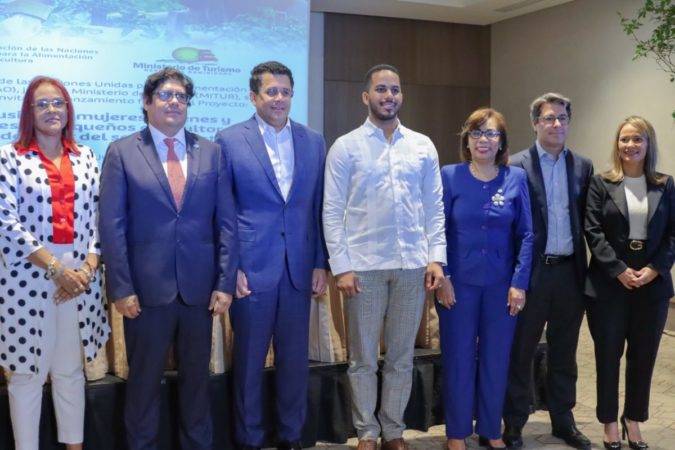
According to ILO data, 59% of the female labor force in the Dominican Republic is employed informally, while the percentage of young people in informal employment conditions amounts to 63% (ILO, 2020), making these segments of the population as highly vulnerable, given their low-income status, lack of protection and rights, and compromising their chances of recovery from the crisis.
Along with food supply, tourist activity at all levels demands another series of services in the territories in which they operate: transportation, lodging, tours, cleaning and maintenance, most of which (76%) are provided by microenterprises, with an employment rate for women of 69.2% (CEPAL, 2021), whose survival also depends on the recovery and adaptation of the sector to the new conditions.
The Tourism Recovery Plan, which seeks to be sustainable, also includes 3 basic aspects: strengthening institutions, increasing foreign investment and employment, and diversifying tourism.
In the act, David Collado He commented that this type of initiative builds a legacy and strengthens public institutions and institutions. “With the pandemic, it has been recognized that Tourism is one of the main industries that drives the country’s economy, this project is the vision that we have from our management. Tourism must be fair, inclusive and inclusive”. He commented.
Present at the event were Rafael Feliz García, Minister of Youth, Rafael Blanco Tejera, president of Asonahores, Andres Marranzini, vice-president of Asonahores Mrs. Miriam Guzmán, vice-minister of Agriculture, among other outstanding personalities.
